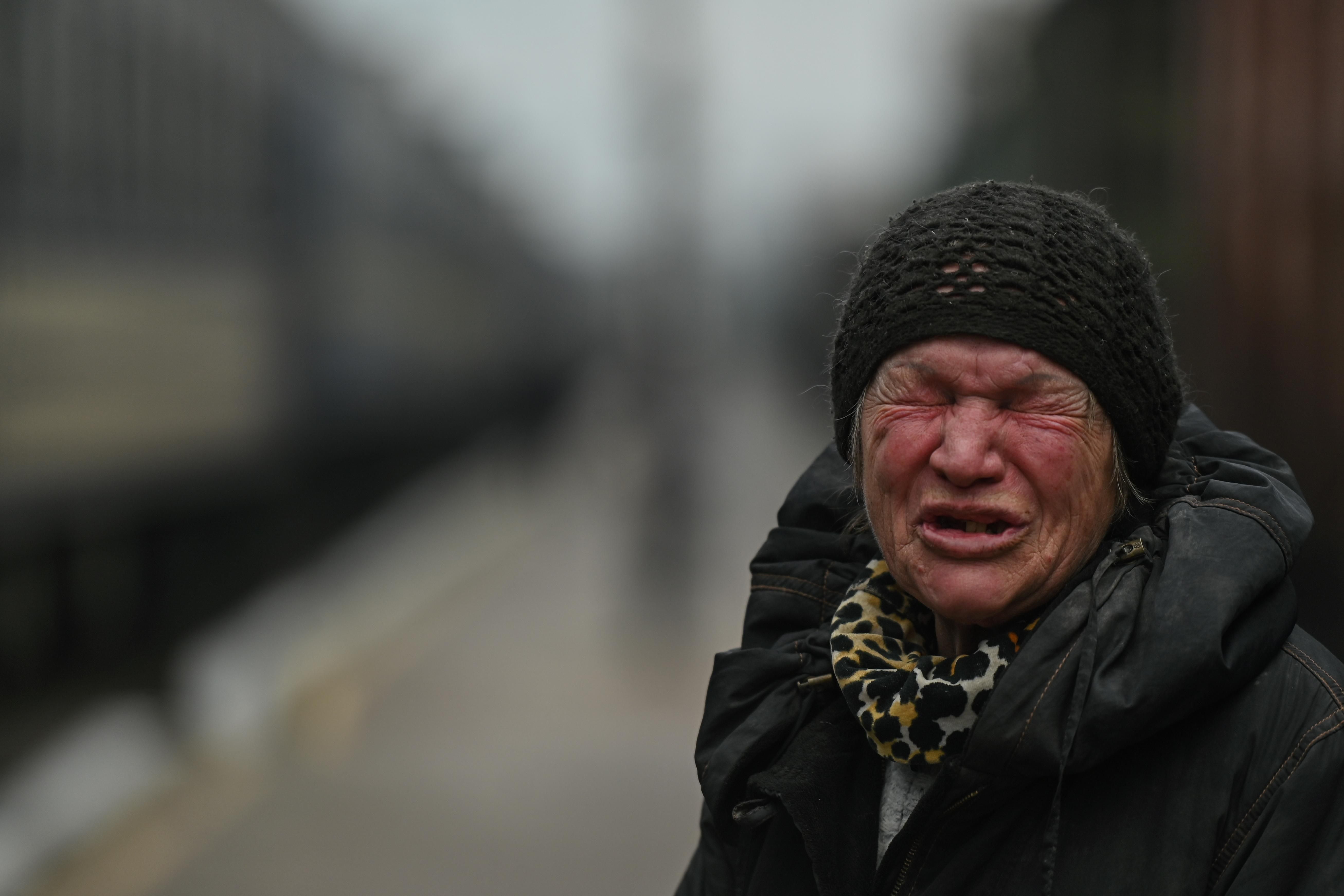What We’re Watching: Kherson evacuation, China’s flex in Taiwan, botched bomb plot in Brasilia
A bloody few days in Ukraine and Russia
Three Russian service members were killed by what Moscow claimed was falling debris inside Russia on Monday after a Ukrainian drone was shot down over the Engels military base about 400 miles from the Ukrainian border. It’s the second time in a month that Ukraine has targeted that base, which Kyiv says the Kremlin is using as a launching pad for missile attacks on Ukrainian infrastructure. The incident is problematic for President Vladimir Putin, who has long tried to reassure Russians that the war won’t be coming home or impacting their everyday lives – a narrative that’s harder to sell when deadly drones are flying inside Russian airspace. The timing was also embarrassing for Putin, who was hosting leaders from former Soviet republics when the attack occurred. While Kyiv has mostly been on a high since President Volodymyr Zelensky’s successful trip to Washington, DC, last week, it was also a bloody weekend for Ukraine: Russia pummeled the southern city of Kherson on Christmas Eve, leading to at least 10 deaths and scores of injuries. Meanwhile, Ukrainian authorities are urging residents to evacuate the city in preparation for what's still to come.
China’s muscle flex in the Taiwan Strait
China sent 71 warplanes and seven ships towards Taiwan in a 24-hour period, marking the largest show of force by Beijing in the Taiwan Strait in months. Taipei claimed that 47 Chinese aircraft crossed the median line, an unofficial buffer between the two states. Analysts say that Beijing’s muscle flex was largely a response to a spending bill passed by the US Congress in recent days, which boosted security assistance for Taiwan, including fast-tracking Taipei’s access to weapons procurement. Beijing was predictably peeved by the development, accusing Washington and Taipei of provocations. In response, Taiwan's President Tsai Ing-wen announced that mandatory national military service would be increased from four months to one year. Indeed, this was the biggest show of force in the Taiwan Strait by Beijing since US House Speaker Nancy Pelosi visited the disputed island in the summer, prompting an aggressive naval and aerial response from China. Still, the last thing President Xi Jinping wants right now is an escalation with the US, given that he’s grappling with a medical emergency and an overwhelmed healthcare system as his government abandons its zero-COVID policy.
